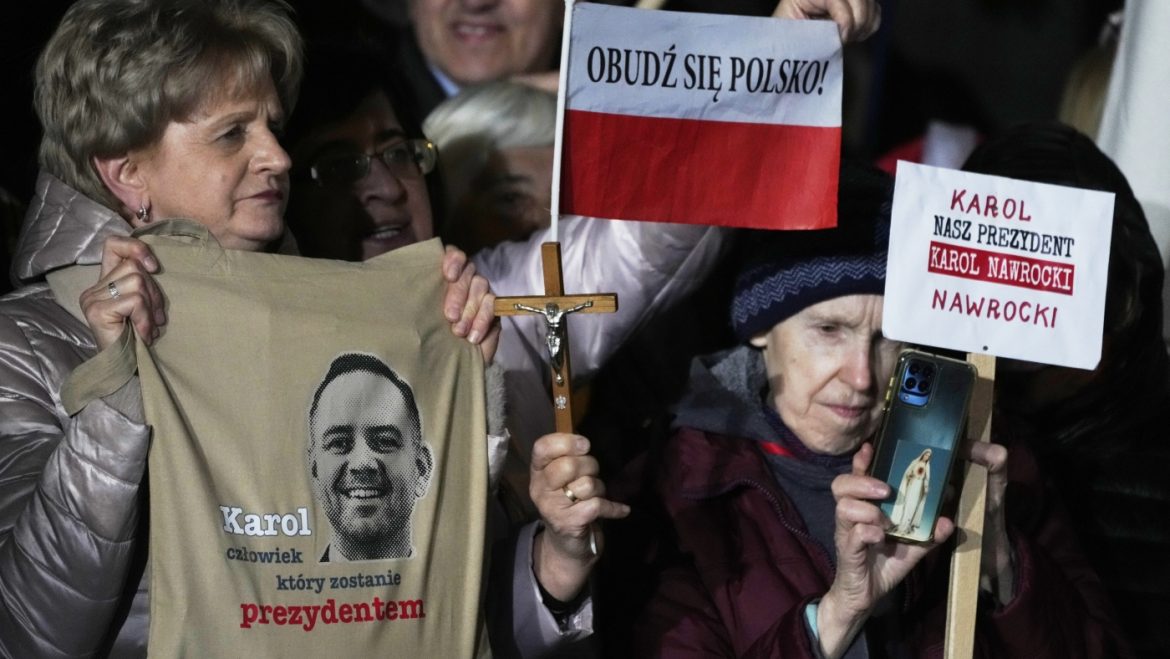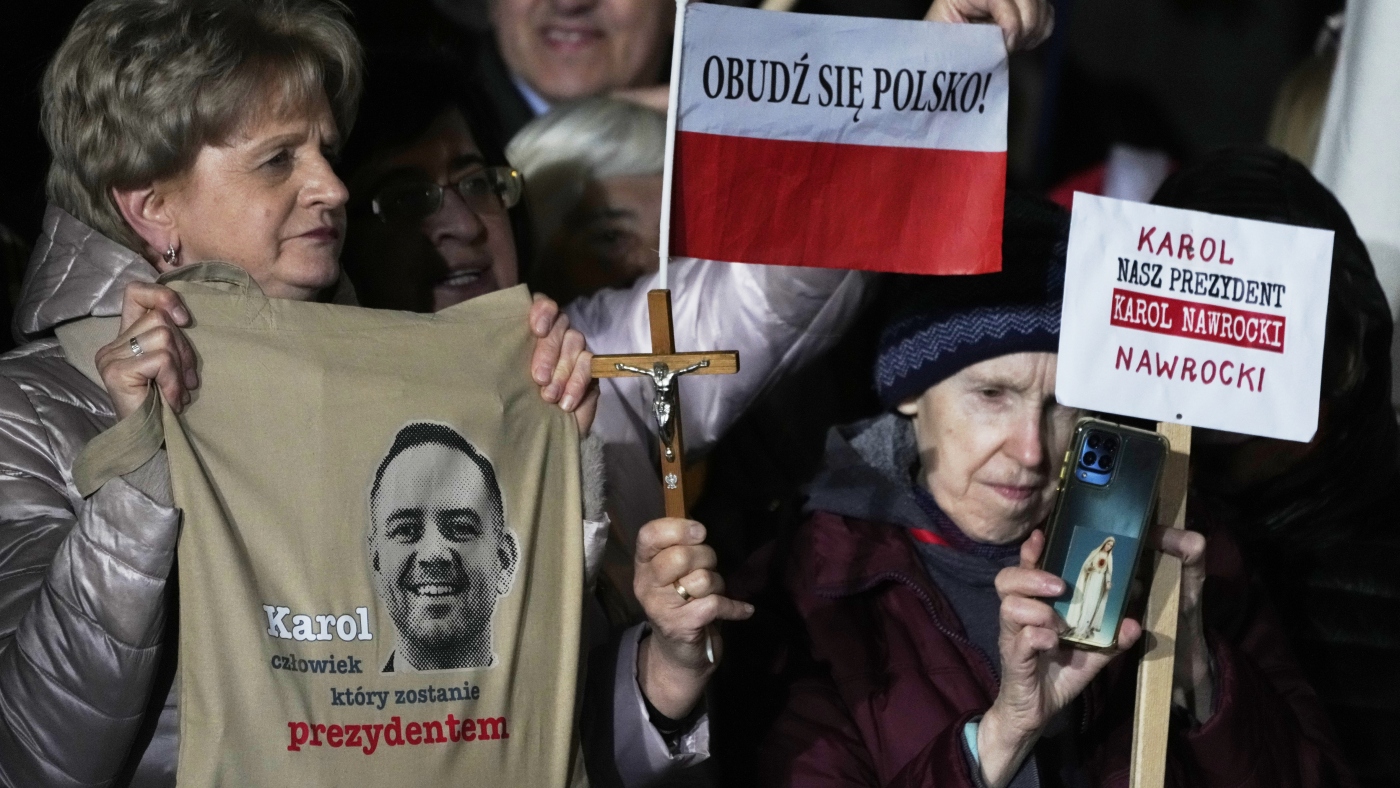Poland’s Presidential Election Amid Looming Security Challenges
The recent presidential election in Poland unfolded against a backdrop of intensifying security concerns, primarily driven by the ongoing war in neighboring Ukraine and uncertainties over the future of U.S. commitments to European defense. This event is not only pivotal for Poland’s domestic politics but also carries wider implications for regional stability and international alliances.
Election Context: Security in the Spotlight
Poland, situated on the eastern flank of the European Union and NATO, finds itself at the forefront of geopolitical tensions fueled by the conflict between Russia and Ukraine. The war has created an atmosphere of heightened vigilance and anxiety over national security. Polish citizens are grappling with the tangible threat of conflict spillover, making the presidential election more than a routine political procedure—it becomes a referendum on the country’s strategic direction and defense posture.
A notable undercurrent to these concerns is the perceived volatility of U.S. support for Europe’s security. The previous administration of President Donald Trump raised questions about the reliability of American commitment to NATO and transatlantic defense. This uncertainty shapes Polish voters’ expectations from leadership—seeking assurance of unwavering international alliances and robust national defense.
The Candidates: A Diverse and Competitive Field
The election featured a crowded field of candidates, totaling over a dozen, underscoring the vibrancy and competitiveness of Poland’s democratic process. Central to the race were two frontrunners representing contrasting profiles:
– Rafał Trzaskowski, Warsaw’s mayor, identified with liberal values and associated with Prime Minister Donald Tusk, represents political experience and established leadership.
– Karol Nawrocki, a historian with no prior political background, emerged as a notable outsider candidate, signaling a potential appetite among voters for fresh perspectives beyond traditional politicians.
The requirement that a candidate secure more than 50% of the vote to win outright pointed to the likelihood of a second-round runoff election, given the diversity of choices and distribution of public support.
Core Issues Beyond Security
While security dominated the election discourse, other fundamental issues also influenced voter sentiment. These included the future trajectory of Poland’s democracy, concerns about governance models, judicial independence, and the nation’s position within Europe. The election thus also served as a platform for broader debates on civil liberties and Poland’s role in the evolving European landscape.
Electoral Process and Timing
Voting commenced early in the morning and continued until late evening to ensure broad participation. Exit polls were anticipated immediately after the close of polls, with official results expected within the next days. The election was observed closely by international actors, underscoring Poland’s strategic significance.
Implications of the Election Outcome
The presidency in Poland holds considerable influence over foreign policy direction, defense priorities, and the nation’s engagement with NATO and the EU. Electing a leader capable of navigating the turbulent security environment is crucial for maintaining internal cohesion and fostering international partnerships.
Rafał Trzaskowski’s political experience might provide continuity and reassurance to allies, while Karol Nawrocki’s outsider status could signal a shift toward addressing historical narratives and national identity with renewed vigor. Both pathways offer distinct approaches to Poland’s security and diplomatic challenges.
Conclusion: A Defining Moment for Poland
This presidential election represents a critical juncture for Poland as it confronts external threats and internal debates about its future. Voters’ choices will undoubtedly shape the country’s resilience against regional instability and its role on the international stage. In an era marked by uncertainty, the outcome will reverberate beyond Poland’s borders, influencing European security dynamics and the collective response to emerging geopolitical challenges.


